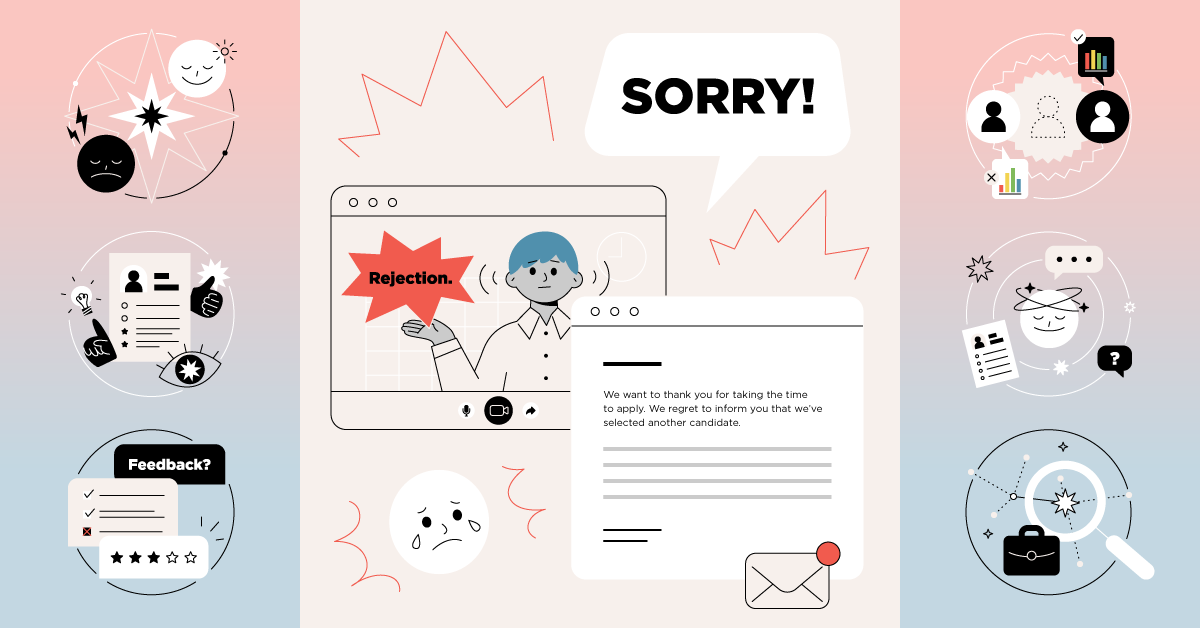
People Tend to Interact, Do Business With Like-Minded People
I spend a lot of time talking to business owners, managers and employees, and the one thing that keeps coming up is the importance of effective communication.
Almost everyone agrees communication is critically important in business.
But despite recent technological advances, communication is often observed to be one of the major problems for many organizations.
Very often, when organizations set about to improve communication, they will engage in the latest techniques or technologies to make improvements.
While such technologies may make some significant improvements, they almost always overlook the fact that communication is basically a form of behavior. People can adapt their communication style and technique in many different environments.
If we all had the same pattern of behavior, our communication efforts would be much simpler, right? Indeed, not everyone has the same DISC (Dominance, Influence, Steadiness, Compliance) scores.
Well, this is a nice paradigm to dream about, but the fact is that everyone has their own unique form of behavior, which affects they way they communicate.
When communicating with others, you have probably noticed some of the following characteristics:
- Some people want a lot of details
- Some people like to make quick decisions
- Some people enjoy developing relationships
- Some people need time to think
- Some people like to negotiate
- Some people like to stick to business
And some don’t.
These characteristics are part of an individual’s behavior style and greatly influence how they communicate with others.
A person’s behavioral makeup is greatly affected by their perception of whether their environment is favorable or unfavorable and whether they have control over it.
This will determine the degree to which they try to dominate, influence or accommodate others in their behavior and communication.
Someone who has a dominant behavioral style makes quick decisions, prefers to stick to tasks, and likes things done quickly their way. This makes communicating difficult with those who like to take their time to make decisions and favors consensus in decision-making.
Meantime, some people are highly optimistic, and are willing to take risks and make decisions intuitively. They may have difficulty communicating with those who like to gather data and reduce risks in decision-making.
Is it any wonder, with these great differences in behavior and communication styles, that we often misunderstand another person or fail to get our point across?
Fortunately, we are not destined to endure behavioral barriers to communication as just another limitation of the human condition.
Because communication and behavior are learned characteristics, we can learn to adapt or modify them to better fit our communication needs.
People tend to like interacting and doing business with others who they perceive as being like themselves.
Learning to recognize a person’s behavioral tendencies and adapting your own to better match the other person will do wonders to improve the communication process.
Think of how this could improve organizational effectiveness. Think of how it could improve your personal life.


